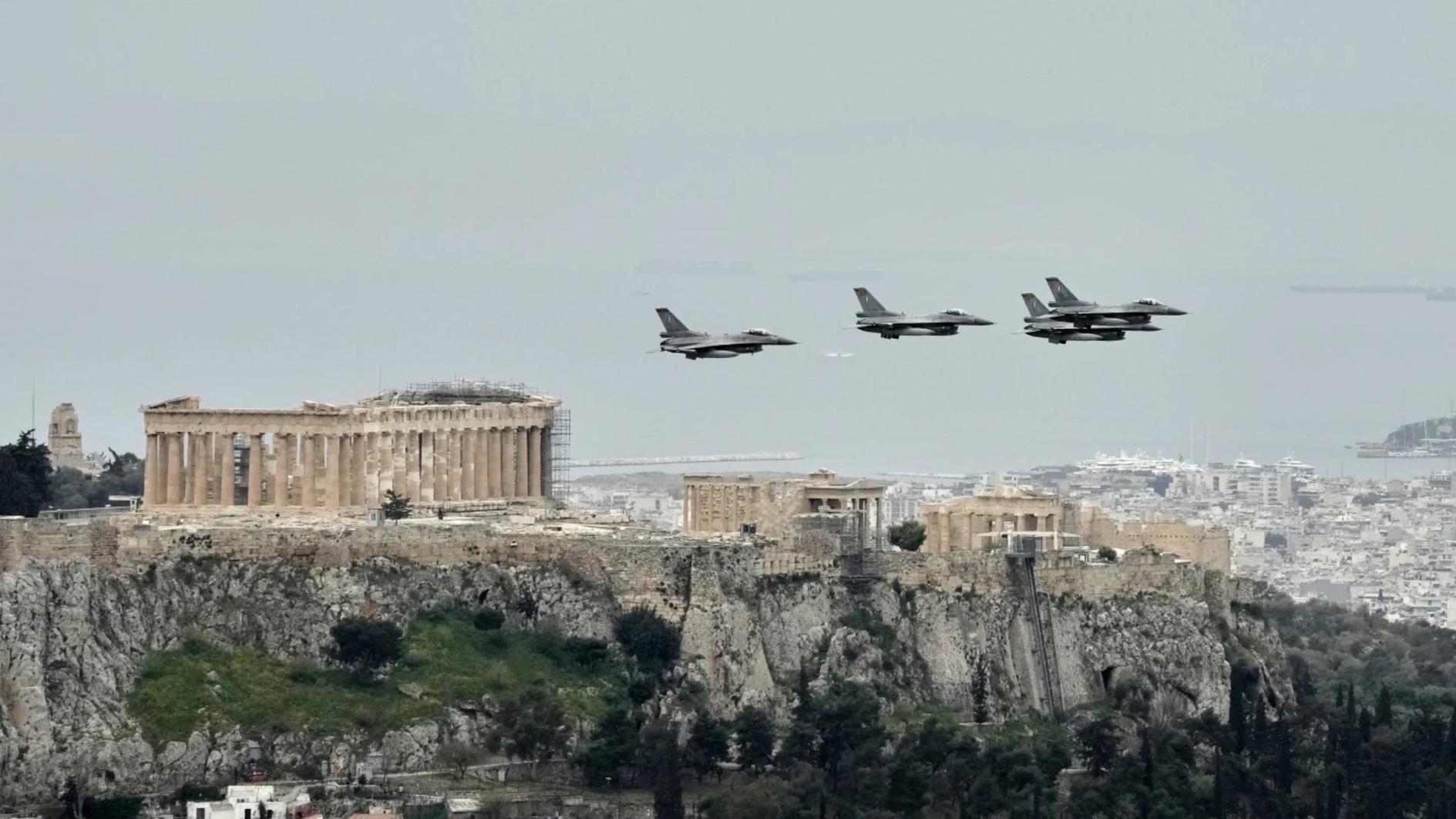Dot, dot, dot…
At one of Ankara’s large hotels, on the sidelines of an intellectual exercise of state, individual, democracy, power and rotten politics, I was talking with Dengir Mir Mehmet Fırat on the transformation within the ruling Justice and Development Party (AKP). Fırat, a tall man who spent seven years as deputy chairperson of the party and a confidant of the other tall man, Recep Tayyip Erdoğan, was reluctant to discuss “within party affairs” because “what happens in the bedroom must stay there.”
He was pessimistic. He was mum on explorations regarding allegations that he might be among the founders of “the real opposition party” sometime soon. Yet, he was rather pessimistic regarding the probability of Turkey getting out anytime soon from “this atmosphere of an autocratic, marauding culture.”
Fırat not only stepped down from a ministerial position and refused to run for parliament in the last election, but he also resigned from the AKP, a party of which he was a founding member, complaining that the party was no longer the one he believed could offer remedies to Turkey’s problems. He maintains his views; indeed, he has become even gloomier. Yet, he stressed all through our discussion that he would not talk about “the climate in the high echelons of the AKP” during his time as deputy chief, saying what ought to be “discussions between friends must remain as such.”
Still, he was beating around the bush so well that someone with some idea of Turkish politics could get what he was trying to say. He explained that politics ought to be done by the people and for the people without placing the self before the people. Party discipline is important to maintain the integrity of political parties, described by the constitution as fundamental for democratic governance. Yet, he said party discipline must be limited to compatibility with laws, regulations and coherence to morality. He was not of course talking about the ongoing discussions regarding the gag order imposed on the parliamentary investigation of the worst corruption and misuse of office case in the history of the Turkish Republic, or the marauding culture of selling whatever assets the country possessed, including the natural resources of the country. If it has to make new investments in the production sector or produce new employment opportunities, privatization should not be a concern of anyone, should it?
Yet, it was difficult to understand how a deputy prime minister was capable enough to speak out for the defense of a mining company which not only murdered 301 workers in a mine disaster last summer, but has now sacked via electronic messages some 3000 miners because complying with increased mine security regulations, higher pay and a readjusted working period made the mines completely unprofitable. The deputy premier was of the opinion that the state should find a way to compensate the mining company – the owner of which is claimed to have close links to the tallest man in the country and the ruling AKP administration. “The one who has the honey pot licks the honey” is part of the culture, but should it remain as such? Should he not share a bit of that honey with the “bees” to keep them alive and continually producing honey?
The prime minister was very angry when he complained about the revived habit of the military’s top brass talking with the government through the media. The military chief of staff and other high-ranking generals were reported to have expressed their opposition to the premier, but were disturbed seeing the government brushing aside their expressed worries and opposition about the decision to allow young men to exempt themselves from compulsory military service by paying 18,000 liras. Obviously, as the premier said, “Our General Staff is connected to the Prime Ministry. A military source does not need to talk to the media to express a concern about any topic,” but the premier of the country should not deceive the top brass of the military at a key security meeting and then go his own way without taking into consideration the security needs of the country…
Well, perhaps it is wiser to discuss whether the tallest man’s imperial palace has 1000 rooms, 1150 rooms or even more rather than speaking about the serious issues of the country or the increasing number of “Syrian guests” because of the wise foreign policy of the “exceptionally successful” prime minister…
Does anyone remember that “dot and coma” comedy group?











